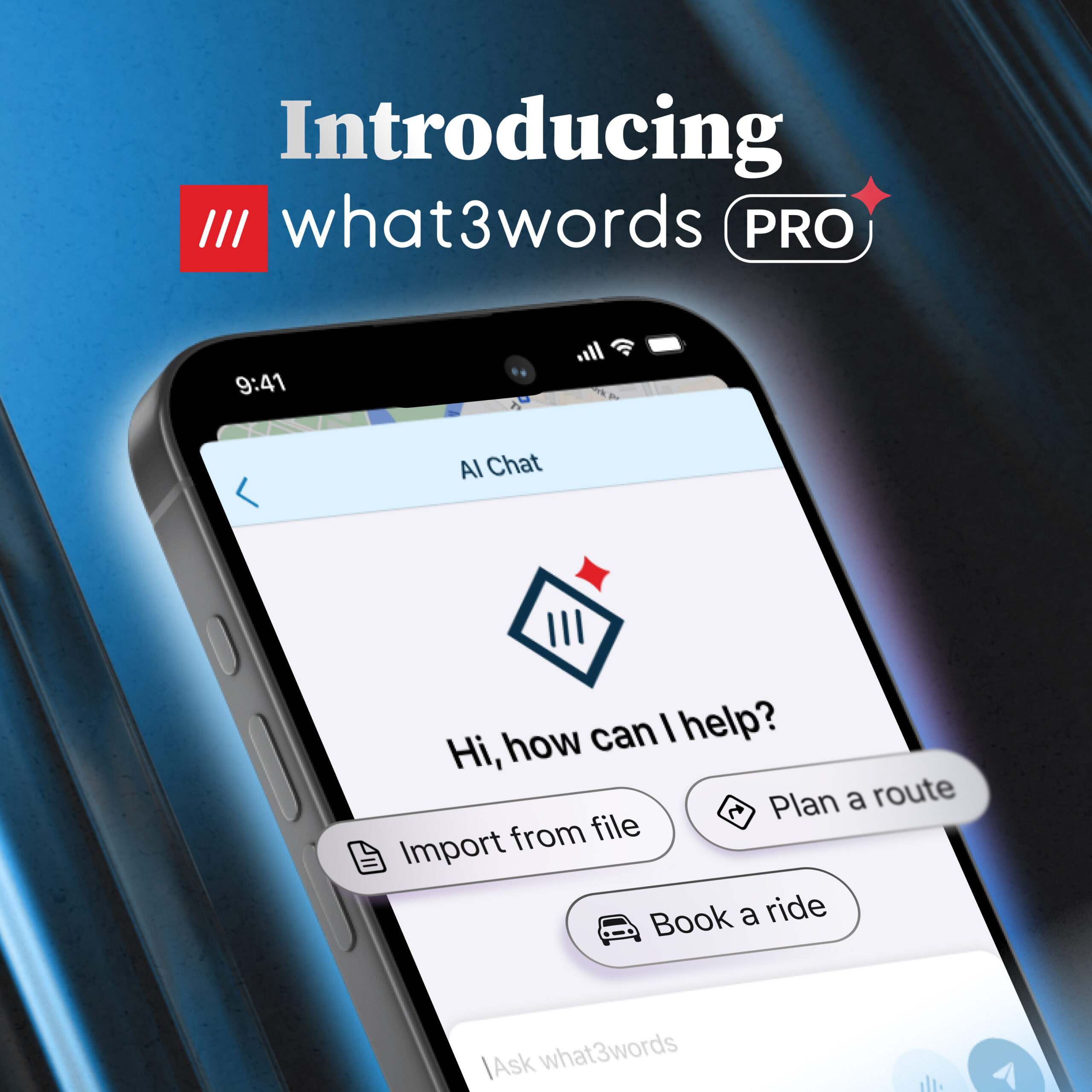
On your marks, get set, deliver!
As the sun rises, two shadowy figures buckle their helmets and mount their delivery scooters. It’s a moment of calm before their day goes turbo. On-demand delivery drivers, like these two Quiqup couriers, are a special breed. Every day they race against time to complete one high-speed, adrenaline-fuelled delivery after another. Handing over packages on time requires nerves of steel, expert street knowledge and an appetite for a challenge. It also requires an accurate address.
Our two Quiqup drivers were given 20 pickup and delivery locations in Central London. To find them, one driver was sent street addresses, the other was given 3 word addresses.
Trackers were set to monitor their movements and record delivery times. With GoPro cameras to document their experiences, we sent them out for a real-life test.
The results
Both drivers completed all 20 deliveries successfully, but the driver using 3 word addresses did so a staggering 2 hours faster than the street address driver, a time saving of 30%.
To better understand their delivery experience, Quiqup’s team crunched the numbers and drew some impressive conclusions.

Finding a 3 word address is 2x faster
Whilst both drivers reached the general delivery area in about the same time, the 3 word address driver didn’t have to search for the entrance.
He knew exactly where he was going, and so completed the delivery in half the time. With every drop-off, he put another 6 minutes on average between him and his competitor.
3 word addresses reduce volatility
The time it took to find a 3 word address varied by only 4.5 minutes over the 20 deliveries. Street addresses, in contrast were far less reliable, with times varying by a staggering 17 minutes.
The reduced volatility with a 3 word address could make models and projections more accurate, streamline driver allocation and allow for more precise delivery windows.
There’s no need for phone calls with a 3 word address
To locate his delivery points, the street address driver had to make 7 calls to customers over the course of the day, slowing down deliveries, costing phone credit and interrupting his customer’s day.
In contrast, the 3 word address driver found all his locations without a single phone call.
Street addresses aren’t delivering
When on-demand delivery drivers use a street address, a dropped pin lands in the building’s centre, giving no information about where to find the entrance. This means that once they arrive at their pin they still have to search for the specific delivery entrance. Particularly for large buildings, this can mean doing a few laps of the block, or calling the customer for instructions before they identify the correct doorway.
The impact on companies like Quiqup is huge. To assign jobs efficiently, they need to be able to predict how long a delivery will take and when a courier will be available for the next job. This is very challenging when street addresses are imprecise. Customers are constantly demanding faster deliveries and more accurate delivery windows, and will quickly switch courier if they feel their needs aren’t being met.
What is a 3 word address?
A 3 word address is a simple and accurate way to describe any location using just 3 dictionary words. ///index.home.raft , for example, can be used to find the front entrance of the what3words London office, whilst ///dinner.gains.reds will get you to the staff’s favourite pub around the corner. 3 word addresses are accurate to 3m x 3m, giving every front door, park bench and even mobile food vendor its own, unique address.
For on-demand delivery, the benefit is clear. Where a street address will drop a pin in the centre of a huge building, a 3 word address will direct you straight to the 3m x 3m square where delivery has been requested.

3 words to shake up on-demand logistics
3 word addresses allow courier companies to complete deliveries faster and more reliably . Our Quiqup driver improved his delivery times by an incredible 30% using 3 word addresses. When this system is applied to the operations of entire logistics companies, the potential for them to make massive savings is very real, and very exciting. On top of these benefits, the delivery experience is improved for both customers and delivery drivers, improving customer and staff retention.
This Quiqup delivery experiment has highlighted a desperate need for accurate addressing even in London, one of the best-addressed cities in the world. You can imagine the impact of this system when delivering in places where street addressing is inconsistent, confusing or totally lacking. In this last instance, 3 word addresses are providing millions of people with a reliable address for the very first time, creating a vast new market of delivery customers.



